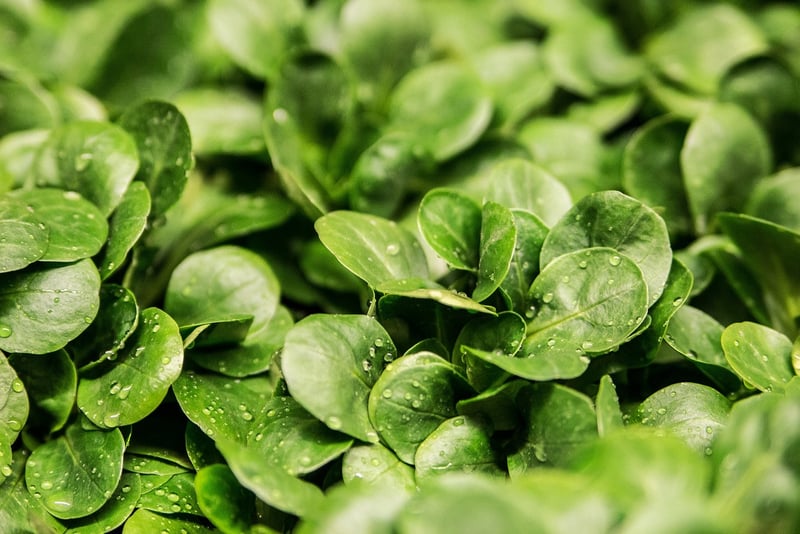Hydroponics

The Future of Farming: Modern Techniques and Hydroponics
Farming has come a long way from traditional practices to embrace modern techniques that offer efficiency, sustainability, and innovation. One such cutting-edge method that is revolutionizing agriculture is hydroponics. Let's explore how modern farming techniques, coupled with hydroponics, are shaping the future of food production.
Modern Farming Techniques
Modern farming techniques encompass a wide range of practices and technologies aimed at improving crop yield, quality, and environmental sustainability. These techniques include:
- Precision Agriculture: Utilizing GPS, sensors, and data analytics to optimize farm management practices such as planting, irrigation, and fertilization.
- Vertical Farming: Growing crops in vertically stacked layers or inclined surfaces, often in controlled environments like warehouses or skyscrapers.
- Robotics and Automation: Using robots for tasks like seeding, weeding, and harvesting to increase efficiency and reduce labor costs.
- Drones: Employing drones for crop monitoring, pest control, and spraying, providing farmers with valuable insights and improving decision-making.
Hydroponics: Growing Without Soil
Hydroponics is a soil-less farming technique that involves growing plants in nutrient-rich water solutions. This method offers several advantages over traditional soil-based farming:
- Water Efficiency: Hydroponic systems use up to 90% less water compared to conventional farming methods, making them ideal for regions facing water scarcity.
- Space Utilization: By growing plants vertically or in compact systems, hydroponics maximizes space utilization, allowing for higher crop yields in smaller areas.
- Pest and Disease Control: Since hydroponic systems are isolated from soil, they are less susceptible to soil-borne pests and diseases, reducing the need for chemical pesticides.
- Year-Round Production: Controlled environments in hydroponic systems enable year-round cultivation, ensuring a consistent food supply regardless of seasonal changes.
The Synergy of Modern Farming and Hydroponics
When modern farming techniques are combined with hydroponics, the result is a powerful synergy that enhances food production in a sustainable and efficient manner. By integrating precision agriculture technologies with hydroponic systems, farmers can monitor and adjust growing conditions in real-time, optimizing resource use and crop output.
Furthermore, the scalability of hydroponics allows for cultivation in urban settings, reducing transportation costs and food miles. This not only promotes local food production but also minimizes the environmental impact associated with long-distance food supply chains.
Conclusion
As the world grapples with feeding a growing population while combating climate change and resource depletion, the combination of modern farming techniques and hydroponics offers a promising solution. By embracing innovation and sustainability in agriculture, we can create a future where food is produced efficiently, locally, and in harmony with the environment.